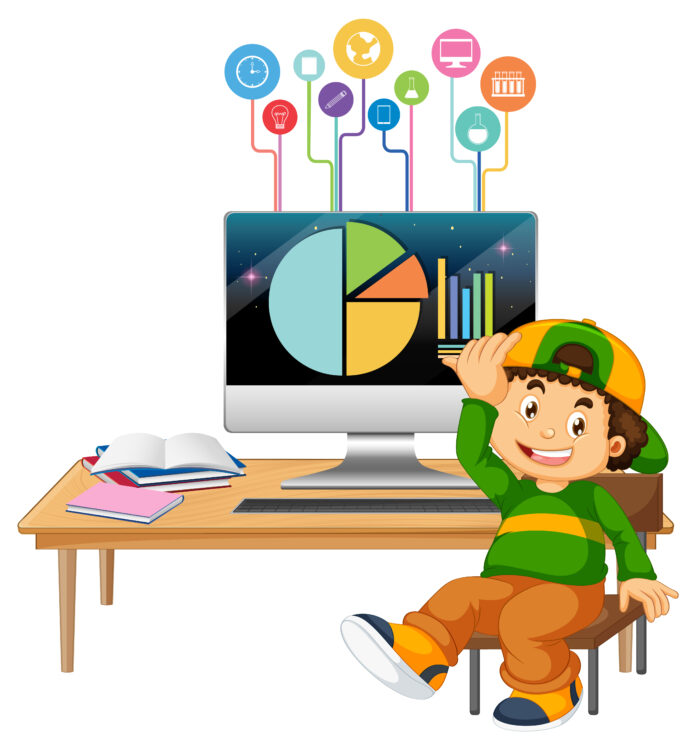Gaming and education, two seemingly distinct realms, have found common ground in the digital age. Video games, once criticized for their potential to distract and hinder academic progress, are now being harnessed as powerful tools for learning and skill development. In this blog, we’ll explore the exciting intersection of gaming and education, the benefits it offers, and how it’s transforming the way we learn.
Gamification of Learning
Gamification involves integrating game elements, such as points, badges, and rewards, into non-gaming contexts, including education. Explore how this approach makes learning engaging and motivates students to progress.
Educational Games for All Ages
Discuss the wide range of educational games available for various age groups. From interactive apps for preschoolers to sophisticated simulations for higher education, there are learning games to suit everyone.
Reinforcing Classroom Concepts
Highlight how educational games can reinforce classroom lessons. They offer an interactive way for students to practice math, science, language, and other subjects, making learning more enjoyable and effective.
Problem-Solving and Critical Thinking
Examine how games challenge players to think critically, solve puzzles, and make decisions. These skills are invaluable in both academia and real-world problem-solving.
Learning Through Immersion
Explore the concept of immersive learning experiences. Virtual reality (VR) and augmented reality (AR) technologies are increasingly creating lifelike educational simulations and environments.
Skills Beyond Academics
Educational games go beyond traditional subjects. Discuss how they teach life skills like time management, teamwork, and decision-making.
Accessibility and Inclusivity
Analyze how educational games can be adapted to accommodate different learning styles and abilities, ensuring inclusivity in the classroom.
Digital Citizenship and Internet Safety
Discuss how games can teach digital citizenship and internet safety, equipping students with the knowledge to navigate the online world responsibly.
Engaging with History and Culture
Examine how history and cultural education is enriched through games that allow players to experience different time periods and cultures firsthand.
Data-Driven Learning
Explore how educational games can generate valuable data on student progress, helping educators tailor their teaching methods to individual needs.
Challenges and Concerns
Address some of the challenges and concerns related to the use of games in education, including screen time, addiction, and the need for a balanced approach.
The Future of Learning through Games
Look ahead to the future of educational gaming, including advancements in technology, integration with curricula, and new approaches to teaching and learning.
Gaming for education has come a long way, offering innovative and engaging ways for learners of all ages to acquire knowledge and skills. As the educational gaming landscape continues to expand and evolve. It’s clear that games are not just about entertainment. They are powerful tools for fostering curiosity, critical thinking, and a love of learning. By embracing the synergy of gaming and education, we can inspire the next generation of students to explore, discover, and thrive in a world of endless possibilities.




